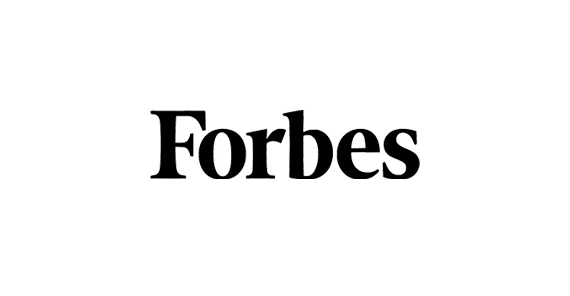The American Gay Bar Is Down, But Don’t Count It Out Just Yet
June 28, 2019

Fifty years ago this week, a riot took place at the Stonewall Inn as police raided the New York City gay bar. That story is told so often that Stonewall is enshrined as a national monument and regarded as the birthplace of the modern gay-rights movement.
What goes less mentioned is that Stonewall was just two years old at the time, and when the first pride parade—then known as the Christopher Street Liberation Day March—was held the following year, the bar had already shut down after timidly limiting its drink selection to juices. The space became a bagel shop, a Chinese restaurant, and a shoe store until its current iteration opened in 1990. As much as Stonewall galvanized the gay community, that community navigated both its 1970s heyday and the apocalyptic throes of the AIDS crisis without it. Pride finds a way.
Today, as LGBTQ America reaches unprecedented levels of acceptance, devaluation and violence persists, especially against transgender individuals, and particularly those of color; in 2019 alone there have been 11 violent murders, by the Human Rights Campaign’s count. Concurrently, the gay community’s most common safe space—the gay bar—is in decline.
Reports on the state of gay bars nationwide vary wildly, from merely disastrous to full-on dire and doomed. In 1976 there were 2,500 gay bars in the U.S., according to a history of the Stonewall riots; today there are fewer than 1,400 worldwide, according to Damron, a gay travel guide. In 1973, the year the American Psychiatric Association removed homosexuality from its list of mental disorders and before the advent of HIV/AIDS, there were 118 gay bars in San Francisco; today there are fewer than 30—and only one them is a lesbian bar. Far more social media posts are shared outside of the Stonewall Inn than inside it, despite visits from Madonna, Taylor Swift, and Joe Biden.
Fifty years ago this week, a riot took place at the Stonewall Inn as police raided the New York City gay bar. That story is told so often that Stonewall is enshrined as a national monument and regarded as the birthplace of the modern gay-rights movement.



